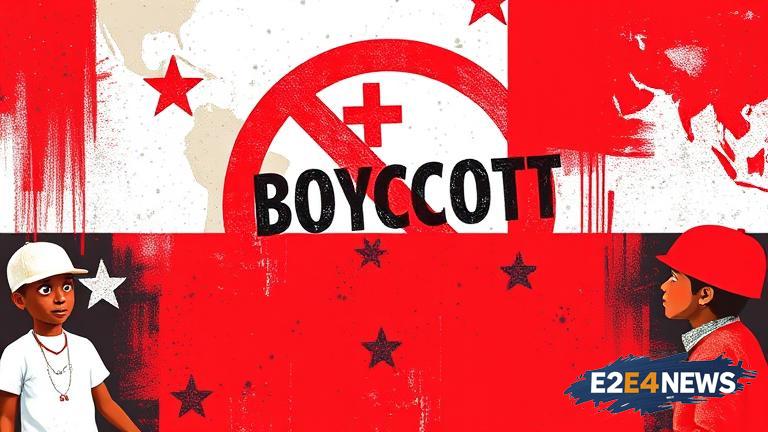Georgia’s opposition parties are currently facing a significant dilemma regarding their participation in the upcoming local elections. The country’s political landscape has been marked by intense debate and division, with some opposition parties advocating for a boycott of the elections, while others are in favor of participating. The Georgian Dream party, which is the ruling party, has been accused of attempting to undermine the democratic process and restrict the opposition’s ability to participate in the elections. In response, some opposition parties have called for a boycott, arguing that participating in the elections would legitimize the government’s actions and undermine their own credibility. However, other opposition parties have expressed concerns that a boycott would only serve to strengthen the ruling party’s position and limit their own ability to influence the political process. The debate has sparked a heated discussion among politicians, analysts, and citizens, with many arguing that the opposition’s decision will have significant implications for the country’s democratic development. The local elections are scheduled to take place in the fall, and the opposition’s decision is expected to be made in the coming weeks. The European Union and other international organizations have called on the Georgian government to ensure a free and fair electoral process, and the opposition’s decision will likely be closely watched by the international community. The Georgian Dream party has denied any wrongdoing and has accused the opposition of attempting to destabilize the country. The opposition parties have also been criticized for their lack of unity and cohesion, with some arguing that their division will only serve to weaken their position and limit their ability to challenge the ruling party. Despite these challenges, many Georgians remain hopeful that the opposition will be able to find a way to work together and present a united front against the ruling party. The country’s democratic development has been marked by significant progress in recent years, and many are eager to see this trend continue. The local elections will be an important test of the country’s democratic institutions and the opposition’s ability to participate in the political process. The ruling party has a significant advantage in terms of resources and support, but the opposition is hoping to capitalize on growing discontent with the government’s policies. The economy has been a major issue in the campaign, with many Georgians struggling to make ends meet and calling for greater investment in social welfare programs. The opposition has also been critical of the government’s handling of foreign policy, particularly with regards to relations with Russia. The country’s location in the Caucasus region makes it an important player in regional politics, and the opposition is calling for a more balanced approach to foreign policy. The government has accused the opposition of being overly reliant on external support and has called for greater self-reliance. The debate has also sparked a discussion about the role of civil society in the country, with many calling for greater involvement and participation in the political process. The local elections will be an important opportunity for civil society organizations to mobilize and make their voices heard. The opposition’s decision on whether to boycott the elections will have significant implications for the country’s democratic development and the future of the political opposition. The international community will be closely watching the situation, and the opposition’s decision will likely have significant consequences for the country’s relationships with international partners. The Georgian people are eager to see a free and fair electoral process, and the opposition’s decision will play a significant role in determining the outcome of the elections. The country’s democratic institutions are still developing, and the local elections will be an important test of their strength and resilience. The opposition’s ability to participate in the elections and challenge the ruling party will be crucial in determining the future of the country’s democratic development.
